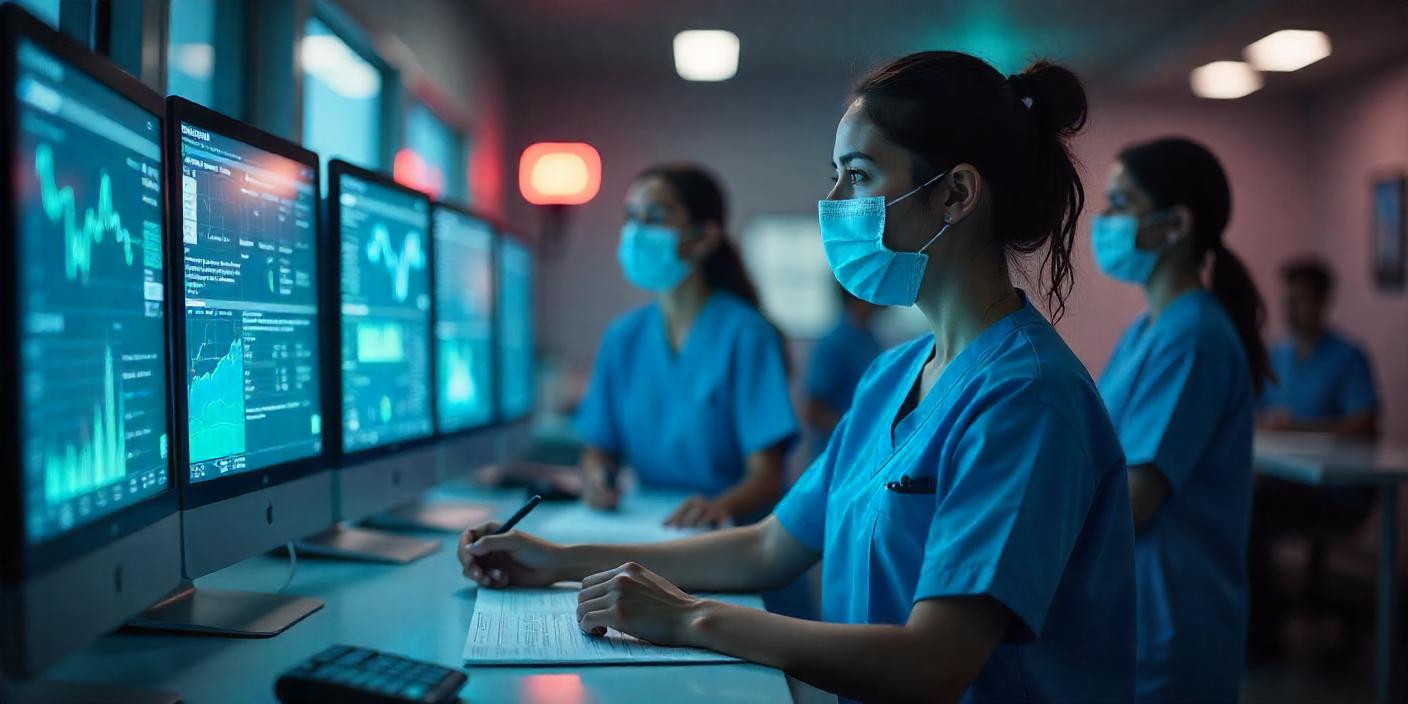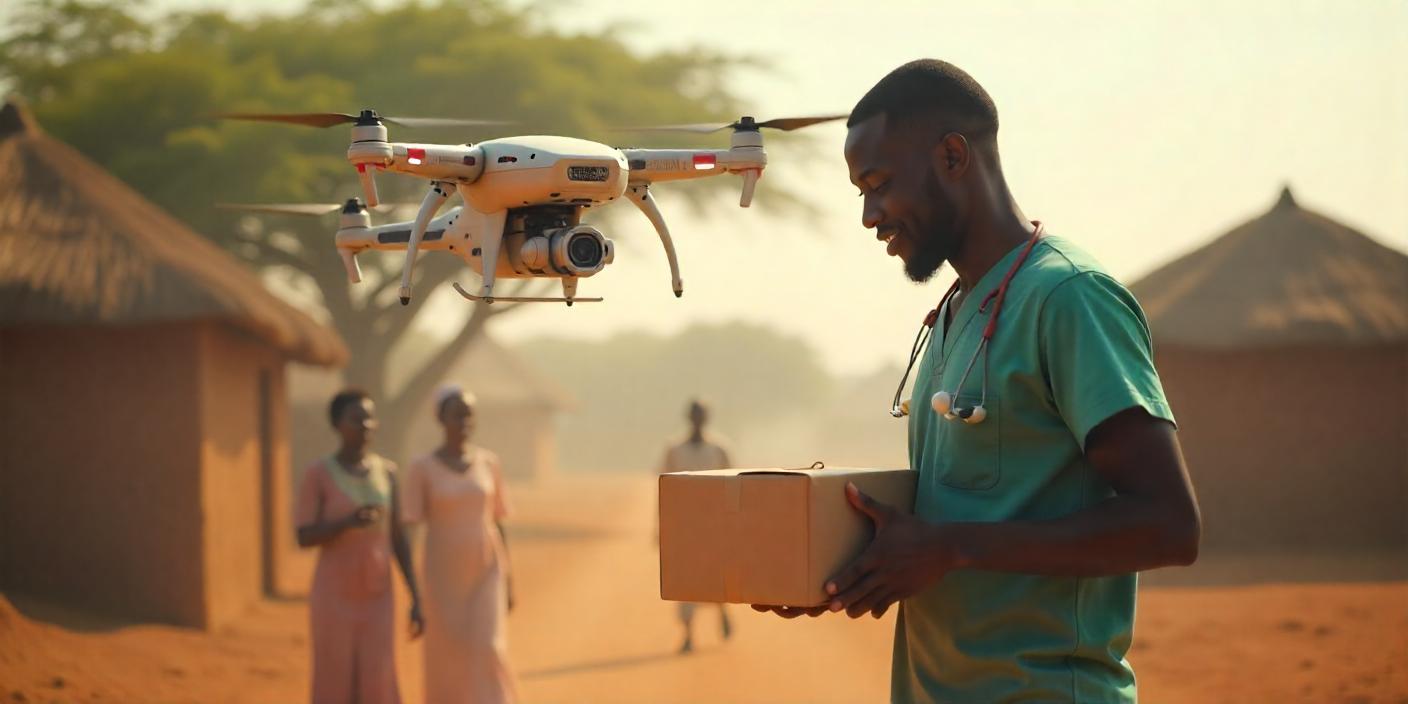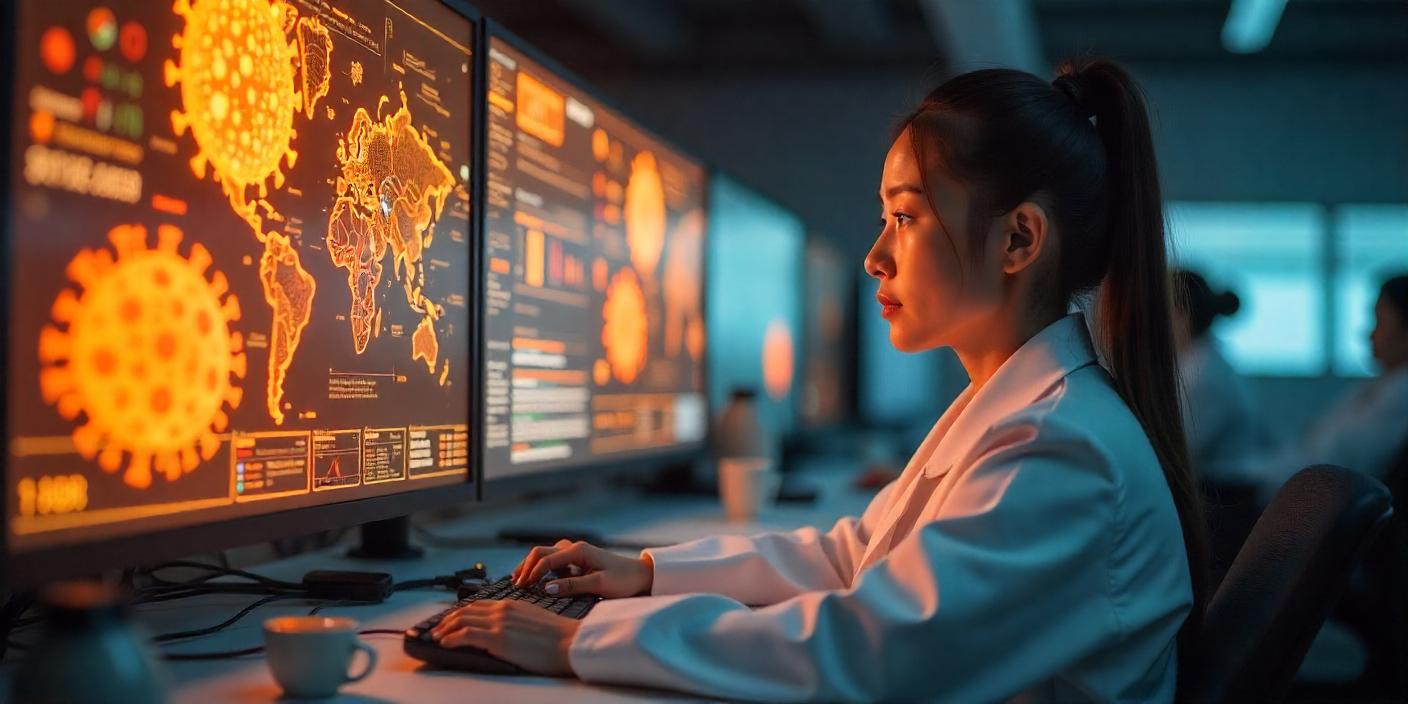
AI’s Role in Global Health Crisis Management
From pandemics to epidemics, the last few decades have shown how quickly global health crises can disrupt lives, economies, and healthcare systems. When diseases spread rapidly and unpredictably, timely decisions and accurate data become matters of life and death.
In such critical scenarios, Artificial Intelligence (AI) is emerging as a transformative tool — helping governments, organizations, and medical professionals respond faster, manage resources better, and save lives. Whether it's predicting outbreaks, speeding up diagnoses, or optimizing supply chains, AI is redefining global health crisis management.
In this blog, we explore how AI contributes to global health emergency preparedness, response, and recovery — and the ethical considerations that come with it.
1. Predicting and Detecting Outbreaks
One of AI’s most valuable contributions is in early detection and outbreak prediction. Machine learning algorithms can analyze enormous datasets — including search engine queries, social media trends, weather data, and health records — to detect patterns and potential health threats before they escalate.
Case in Point: BlueDot
BlueDot, a Canadian AI startup, was among the first to identify the outbreak of COVID-19 in Wuhan in late 2019 — days before the World Health Organization (WHO) made a public statement. It did this by scanning news reports and airline ticketing data using natural language processing.
This kind of early detection is vital for:
-
Mobilizing rapid response teams
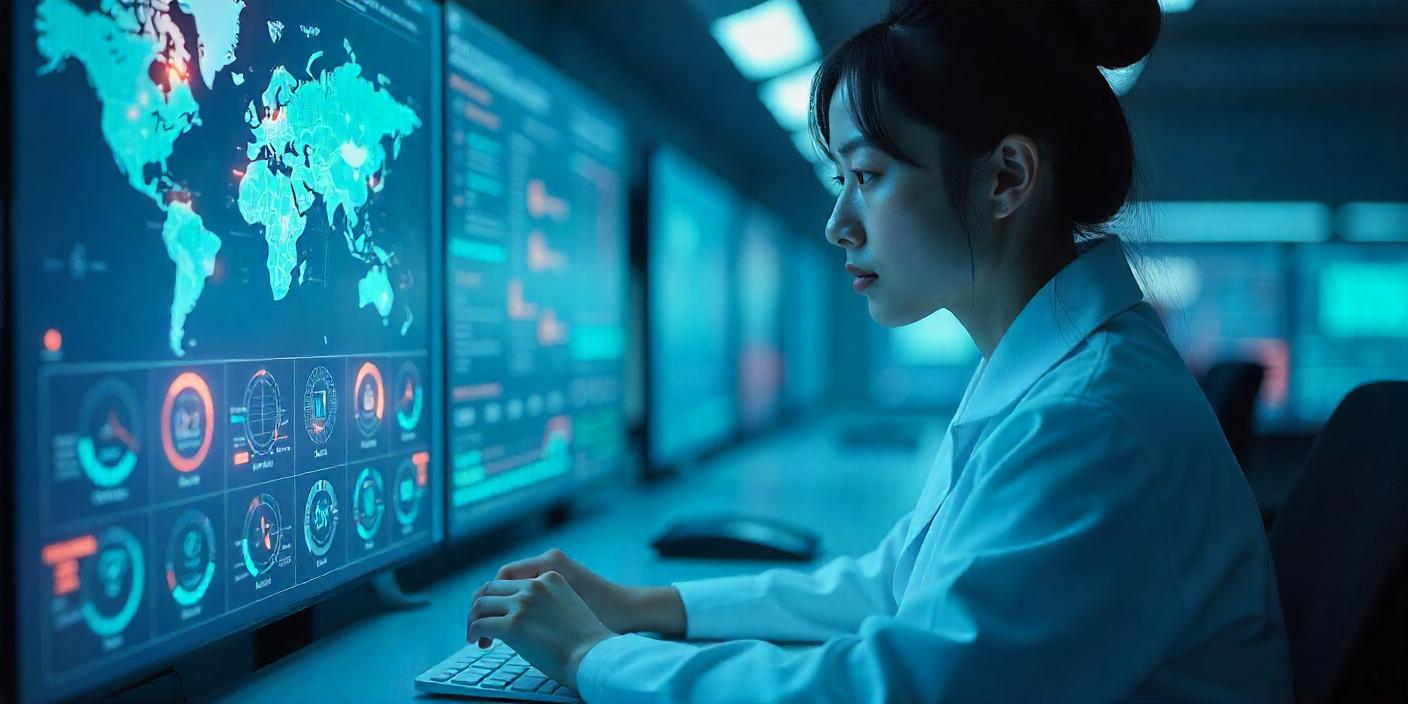
-
Informing border controls and travel restrictions
-
Preventing mass spread
2. Accelerating Diagnosis and Testing
During health crises, fast and accurate diagnostics are essential. AI can support this by:
-
Analyzing medical imaging (e.g., chest X-rays, CT scans) for signs of infection
-
Processing vast amounts of test results quickly
-
Identifying high-risk patients based on symptoms and history
In the COVID-19 pandemic, AI tools helped radiologists interpret lung scans rapidly, leading to quicker triaging and better treatment planning in overwhelmed hospitals.
3. Managing Resources and Supply Chains
AI-driven logistics and inventory management systems help governments and healthcare providers allocate critical resources efficiently, especially when demand exceeds supply.
AI Can Help With:
-
Predicting hospital bed occupancy
-
Tracking PPE and ventilator availability
-
Optimizing vaccine distribution based on demographics, location, and risk

With limited supplies and overburdened facilities, smart systems ensure equitable and data-backed decisions in resource distribution.
4. Supporting Vaccine and Drug Development
AI significantly accelerates the traditionally long process of vaccine and drug development. It does this by:
-
Identifying molecular structures for potential drug candidates
-
Simulating how a virus behaves and mutates
-
Matching existing drugs to new diseases (drug repurposing)
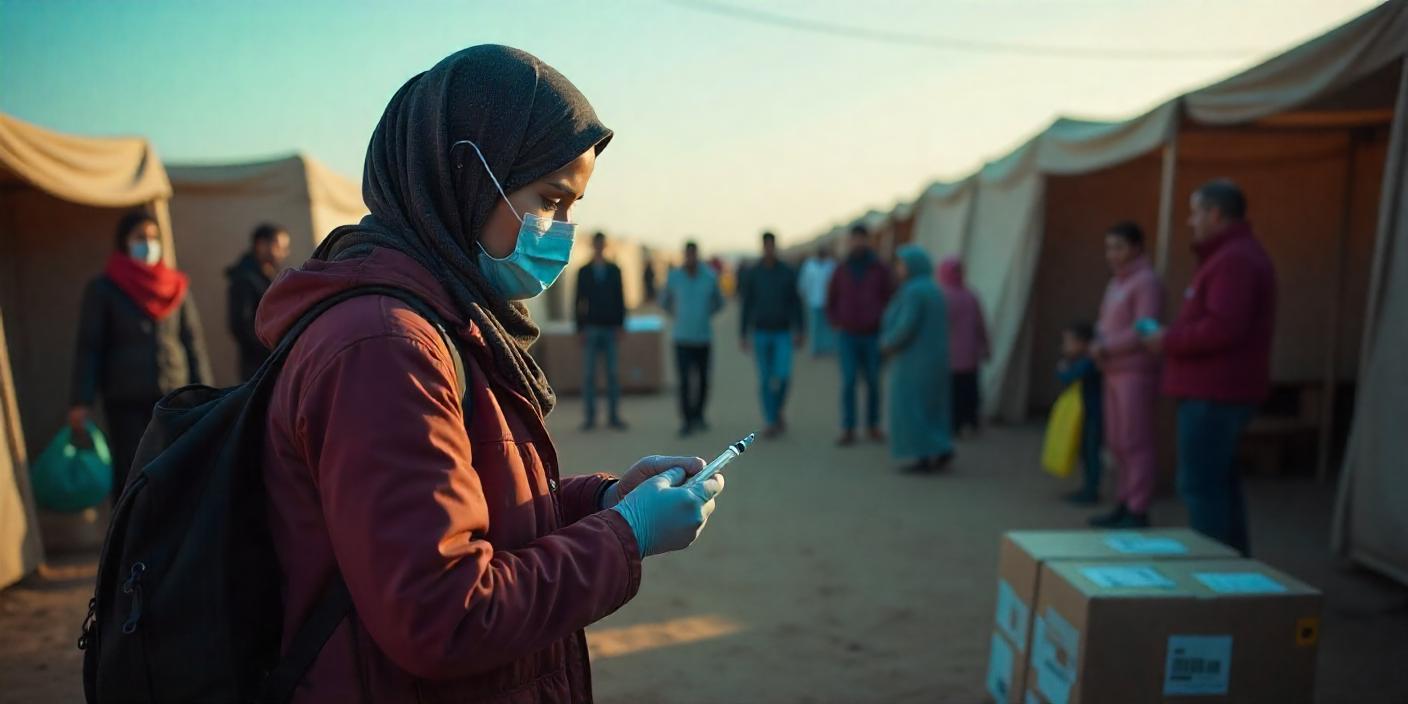
For instance, DeepMind’s AlphaFold revolutionized biology by predicting protein structures with near-laboratory accuracy — a breakthrough that can speed up the understanding of pathogens and vaccine development.
5. Enhancing Public Health Communication
During crises, misinformation can be as dangerous as the disease itself. AI helps manage this by:
-
Detecting and flagging fake news on social media
-
Generating real-time dashboards and updates
-
Using chatbots to answer public health queries 24/7 in multiple languages
This ensures that accurate information reaches the public quickly and at scale — helping to reduce panic and encourage responsible behavior.
6. Global Surveillance and Coordination
AI systems can facilitate global coordination by integrating data from multiple countries and health agencies. This allows:
-
Real-time surveillance of disease spread
-
Comparative analytics between regions
-
Improved forecasting for international response planning
Global collaborations powered by AI, such as HealthMap or the Global Health Observatory, enable decision-makers to see the full picture in real time.
Challenges and Ethical Considerations
Despite its advantages, using AI in global health crises presents challenges:
1. Data Privacy and Consent
AI systems require massive data sets — including sensitive personal health data. It’s crucial to ensure data is anonymized, secure, and used ethically, with full transparency.
2. Bias and Inequity
If trained on biased or incomplete data, AI models can produce skewed results — reinforcing existing healthcare disparities, especially in underrepresented populations.
3. Over-Reliance on Automation
While AI can assist in decision-making, human oversight remains essential. Critical decisions during crises must balance data with human judgment.
The Future: AI as a Standard Tool in Crisis Management
As the world becomes increasingly interconnected, health crises will likely remain a global challenge. Governments and health organizations must integrate AI into their crisis preparedness frameworks — not just as an emergency tool, but as a core component of resilience planning.
Public-private partnerships, international data-sharing agreements, and ethical AI development will be essential to realizing AI’s full potential in this space.
Conclusion
AI is not a silver bullet, but it’s a powerful ally in global health crisis management. From early detection and diagnostics to supply chain optimization and public communication, it enables faster, smarter, and more coordinated responses.
By investing in ethical, inclusive, and transparent AI systems, we can ensure that the next global health crisis finds us better prepared — not just to survive, but to act swiftly, equitably, and effectively.
